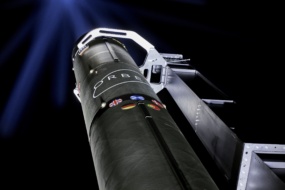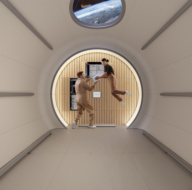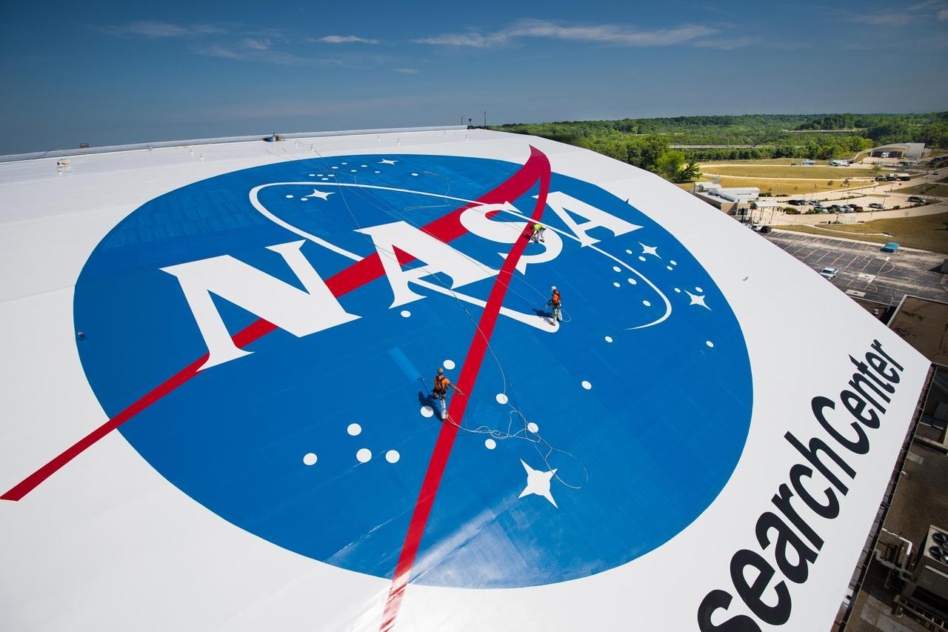ESA and the European Commission signed contracts yesterday for Europe’s ambitious satcom constellation that’s intended to rival SpaceX’s Starlink.
The €10.6B ($11.1M) constellation—the Infrastructure for Resilience, Interconnectivity and Security by Satellite (IRIS2) system—is expected to include ~290 satellites in LEO and MEO. The 12-year contract includes:
- €6B ($6.3B) from the EU
- €550M ($578.2M) from ESA
- ~€4.1B ($4.3B) from SpaceRISE, a consortium of European space businesses led by Eutelsat, Hispasat, and SES
Socialist Starlink: The constellation is the latest effort by the EU to advance its autonomy in space.
The EU owned and operated constellation will support a wide range of governmental applications including surveillance, crisis management, secure communications, security, and defense. IRIS2 will spread coverage to dead zones and areas of strategic interest to the EU, including the Arctic and Africa.
The constellation will also provide high-speed broadband services to private companies and EU citizens, enabling greater connectivity across industries and the potential for mass-market applications in mobile and fixed broadband satellite access.
Coming soon: The EU first envisioned IRIS2 in 2022, when the constellation was expected to cost €6B ($6.3B) and be fully operational by 2027. However, under these contracts, the full constellation is expected to be delivered by 2030, with the first launch of IRIS2 expected in 2029 aboard a European rocket.
In the meantime, the EU will start working on an incremental approach through the GOVSATCOM program, which will pool existing satellite capacity from satellites owned by EU member states beginning in 2025.





